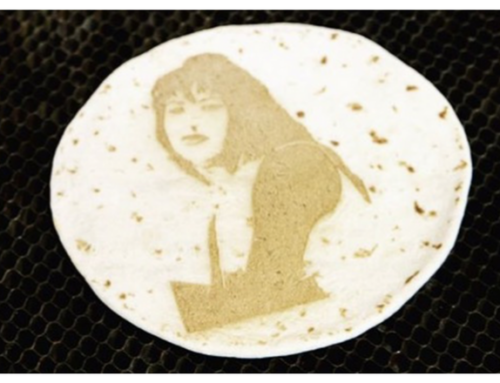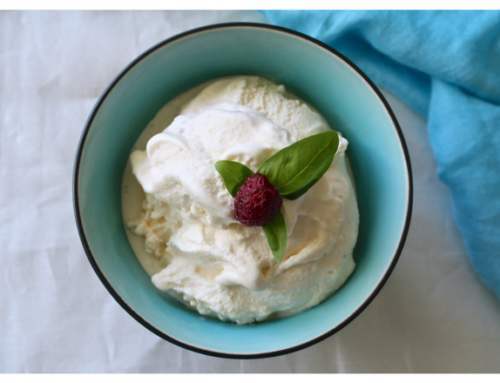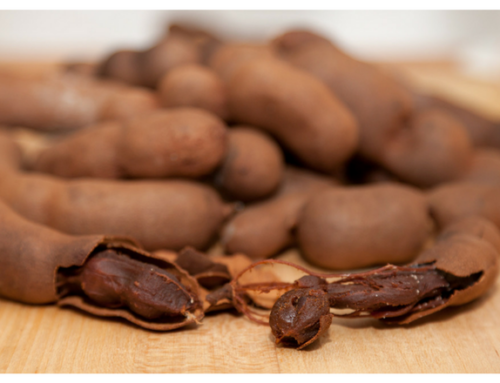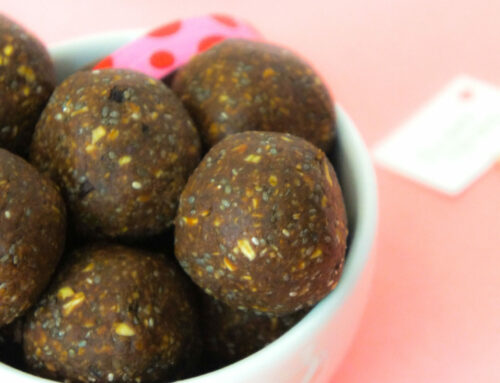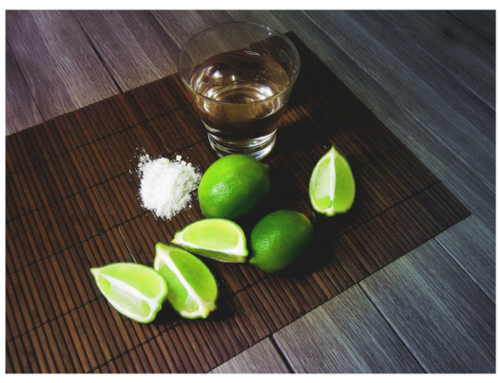Though it’s been getting a lot of press lately from the beauty world in particular, the uses of coconut oil are many and varied. Unlike so many one-trick-pony products you have lying around, coconut oil is a great multitasker! You can use it for everything from baking brownies and frying tostones to polishing leather and removing rust. Check out these 4 amazing household uses for coconut oil.
Cooking and Nutrition
Unlike foods containing long-chain fatty acids, pure coconut oil does not increase heart risk and cholesterol because it contains medium chain fatty acids that dissolve in the blood and are metabolized easily by liver. It reduces hunger and increases your energy expenditure, making it great for people who are looking to stay healthy. Though some suggest mixing it in to tea or coffee to attain these health benefits, we say incorporate it in to your cooking!
Coconut oil, unlike most plant-based oils, is a saturated fat, meaning it’s solid at room temperature. Its chemical struture makes baked goods fluffy and moist and the oil can withstand very high temperatures when frying and grilling, making it the ideal low-cholesterol alternative to both butter and vegetable shortening. Oh, and did we mention it’s gluten-free and vegan-friendly?
Don’t know where to start? Try a Gluten-Free Coconut Lime Bread, a sweet Rhubarb Coconut Upside-Down Cake, or even in Spiced Mexican Brownies for a very subtle, coconutty flavor. Just remember: when making substitutions use 25% less coconut oil than the amount of butter called for.
Check out three more amazing uses of coconut oil… [pagebreak]
Seasoning Cast Iron Skillets
Cast iron skillets are an investment: they can be very expensive and hauling a heavy pan around every time you move is not easy. However, slight inconveniences aside, a well-seasoned cast iron skillet is a thing of beauty: easy cleanup, non-stick surface, transferable from stovetop to oven, and best of all, they can last a lifetime! The question then is how to season a cast-iron pan? Coconut oil is the way to go! Simply cover the surface of the pan with a thin coating of coconut oil then place a cookie sheet on the botton rack of your oven and heat your skillet upside down in a 450 degree oven for 30 minutes. Allow the skillet to cool and repeat the process three or four times to seal in the smooth coating.
Minor Cuts, Burns, and Moisturizing
Every one of us has nicked our fingers when chopping onions or suffered the searing pain of a splash of hot oil. Thankfully a tub of coconut oil can help heal your minor cuts and burns. In 2013, medical researchers in Malaysia conducted an experiment with creams containing varying amounts of Cocos nucifera, coconut extracts, and tested their medical efficiency against various strains of microorganisms. The study suggests that these topical applications of coconut creams have strong antimicrobial activity and “great potential for wounds and local bacterial infections”.
So how should you use it? For minor kitchen mishaps, clean the affected area thuroughly, rub in a small amount of coconut oil, and cover with a band-aid (if necessary). For everyday, use as moisturizer after washing dishes for softer, smoother hands.
Cleaning and Polishing
Instead of using expensive single purpose polishes, try using coconut oil to polish your hard wood furniture, bronze, and all patent leather. Simply rub a small amount of oil on to dull surfaces with a washcloth to ensure shine and lock in moisture. Similarly, remove rust off knives or old scissors by rubbing with an oiled rag, allowing your favorite tools to soak for several minutes, and rinsing with water. Counterintuitive though it may sound, coconut oil, when mixed with a dry cleaning solvent, helps lift waxy, fat-based stains off carpets and other fabrics. How? Click here for an in-depth description.
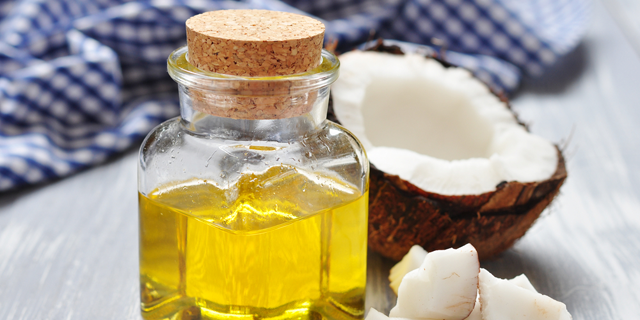

![Making Mealtime Matter with La Familia: Easy Sofrito [Video]](https://thelatinkitchen.com/wp-content/uploads/2015/10/sofrito-shutterstock__0-500x383.jpg)
![Easy Latin Smoothies: Goji Berry Smoothie [Video]](https://thelatinkitchen.com/wp-content/uploads/2015/12/goji_berry-shutterstock_-500x383.jpg)
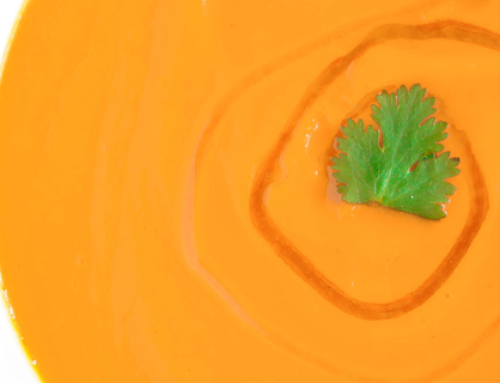
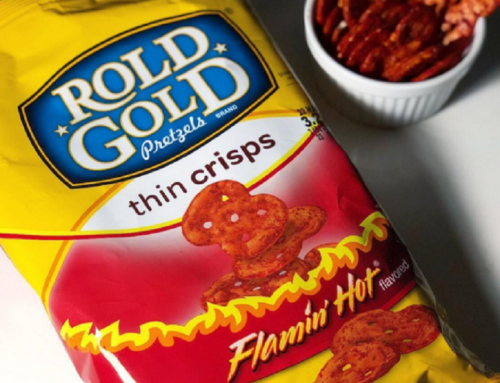




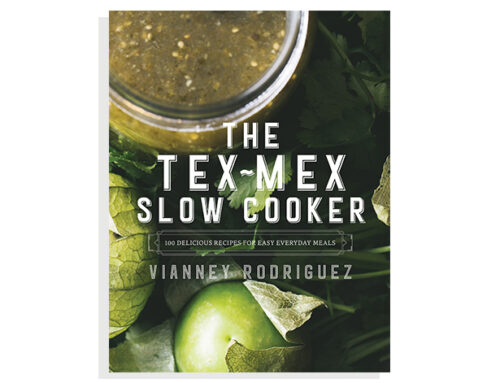
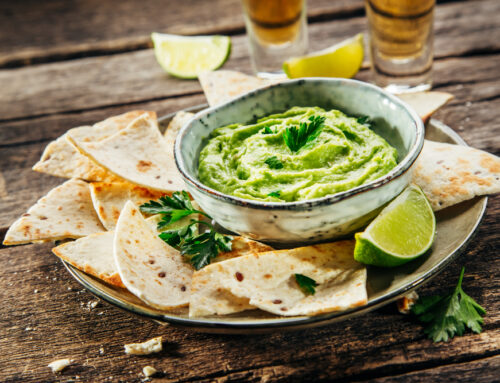


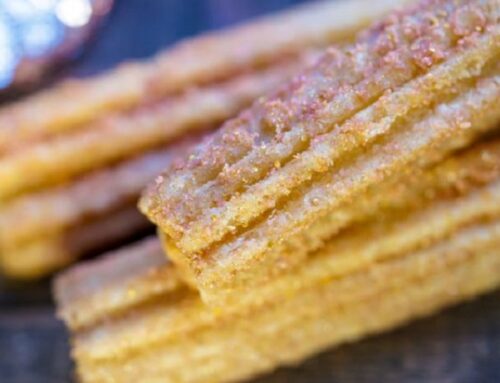
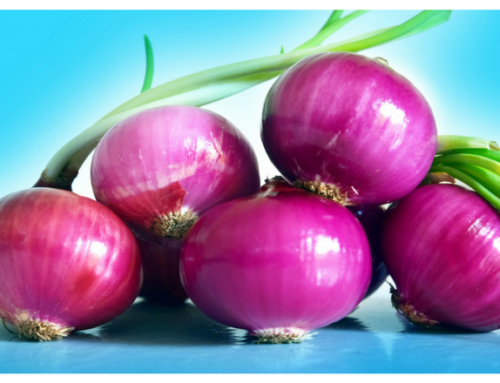




![Fun and Fast Recipes: Fiesta Cabbage Salad [Video]](https://thelatinkitchen.com/wp-content/uploads/2015/11/fiesta_cabbage_slaw-shutterstock_-500x383.jpg)
